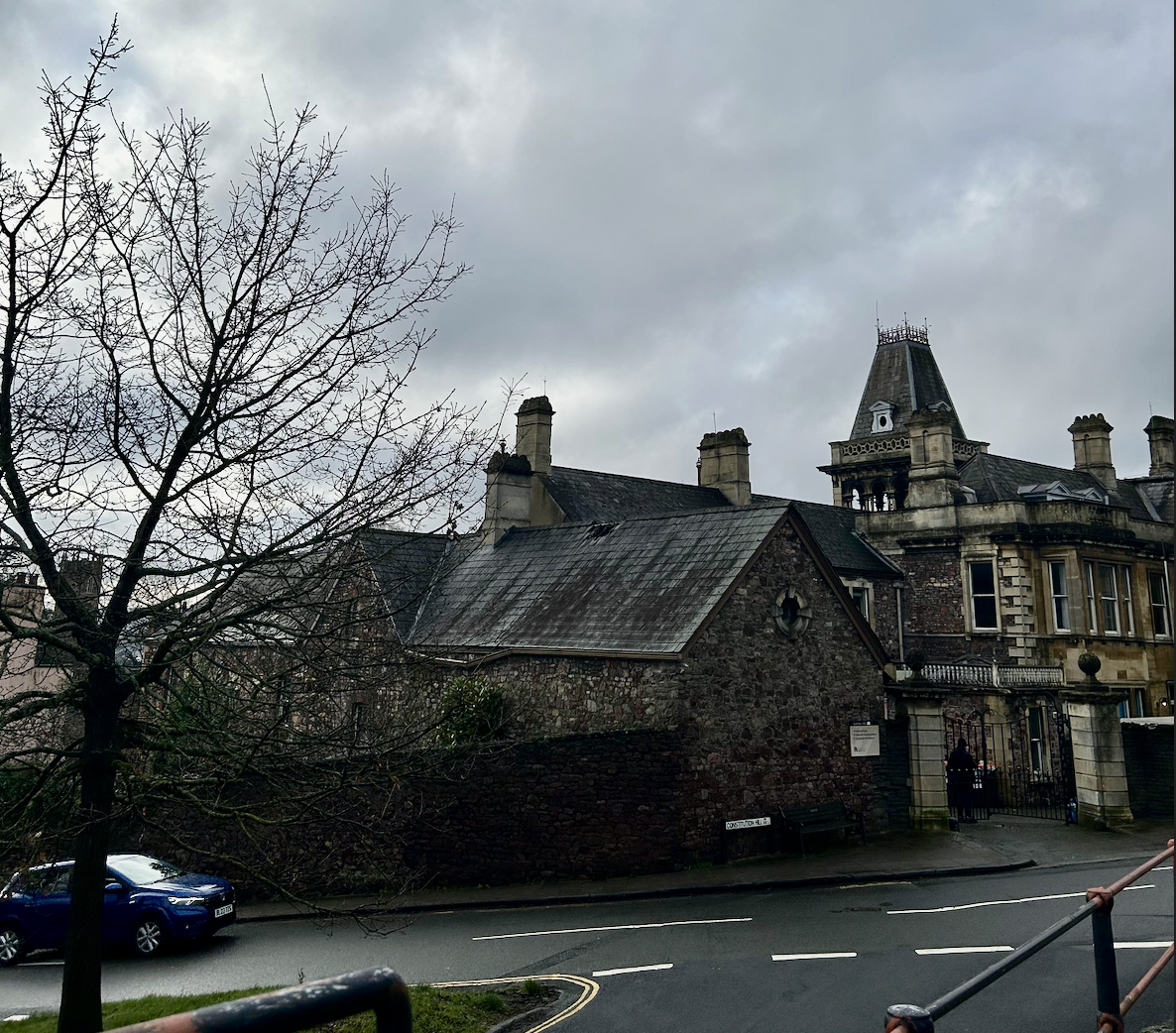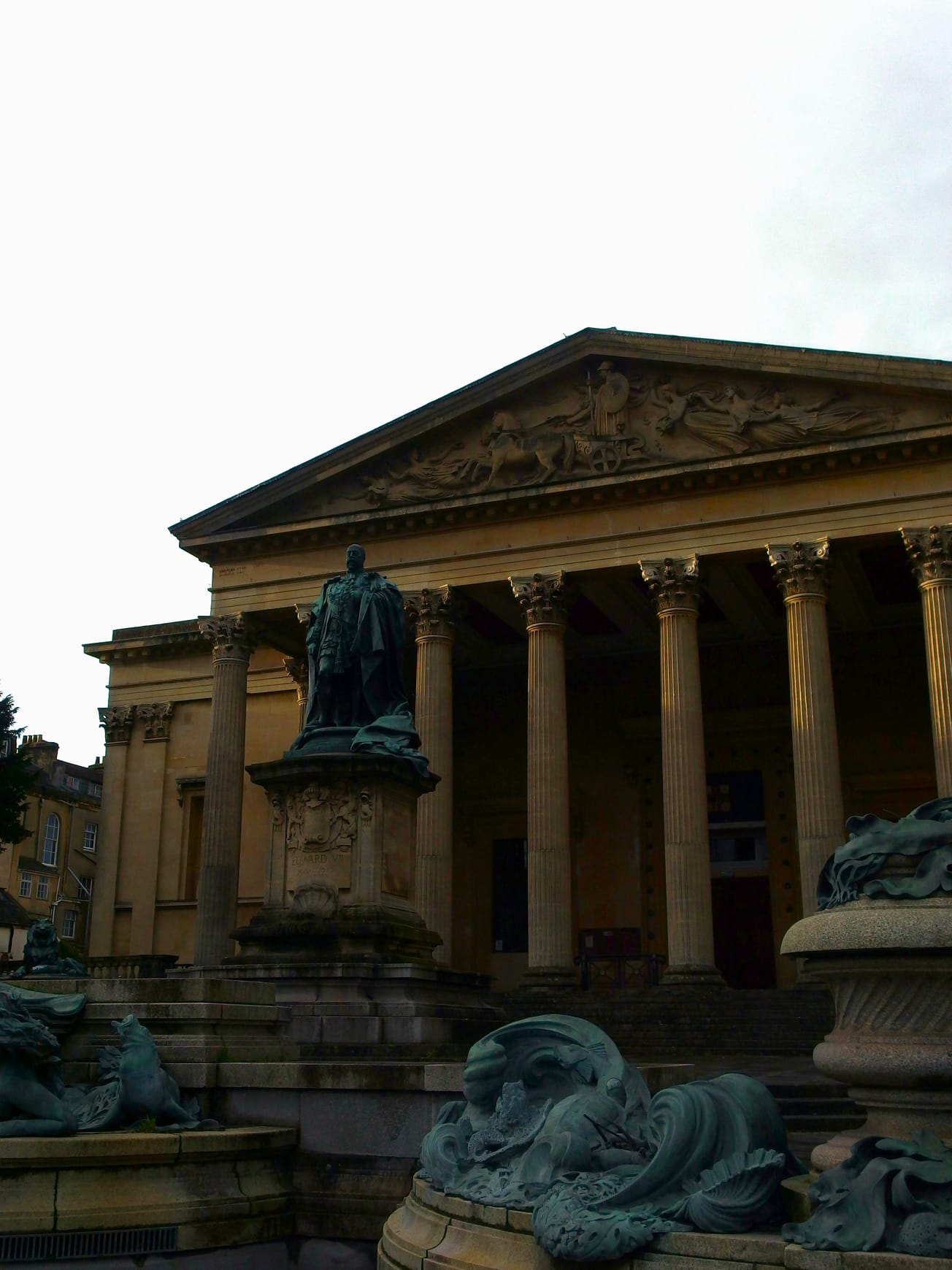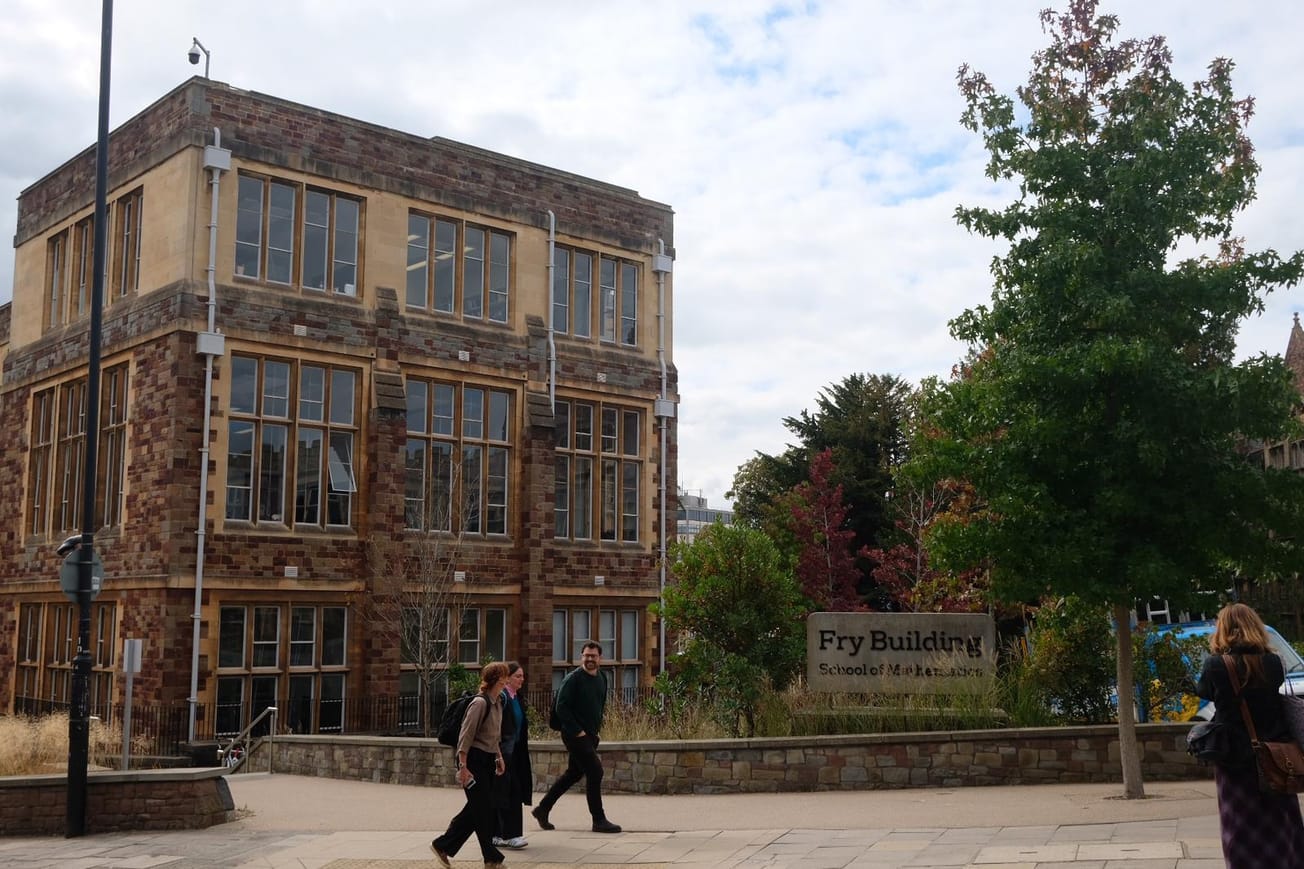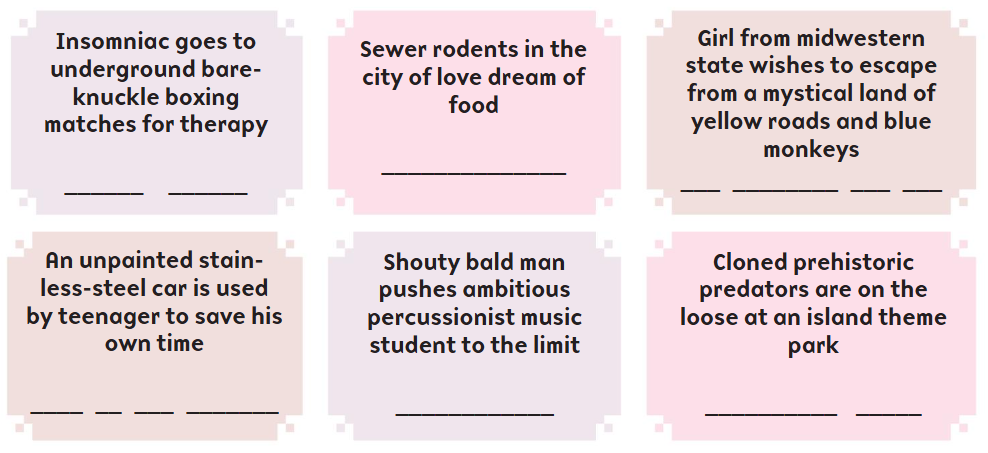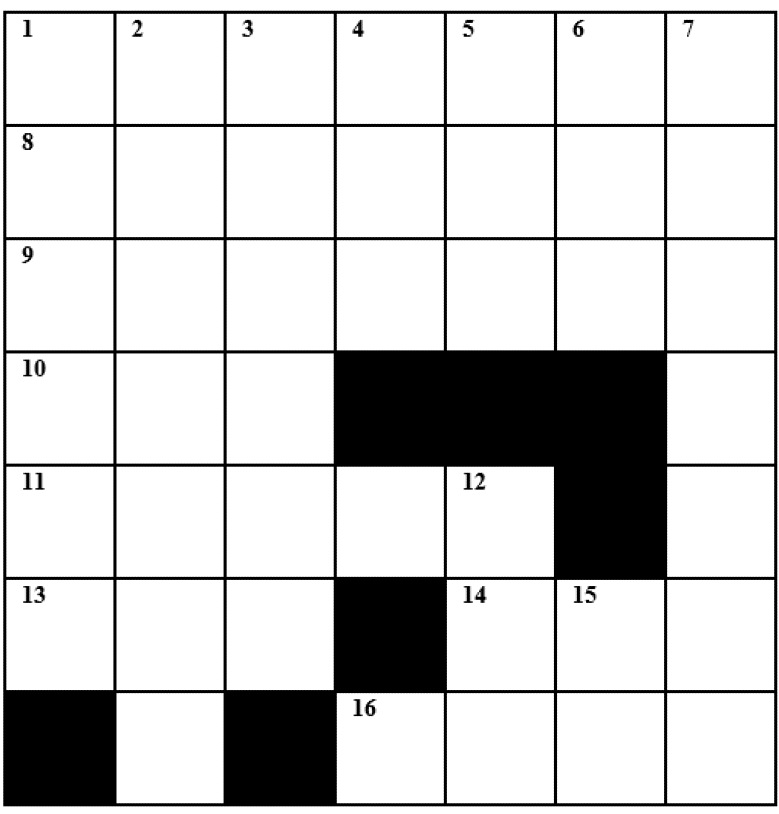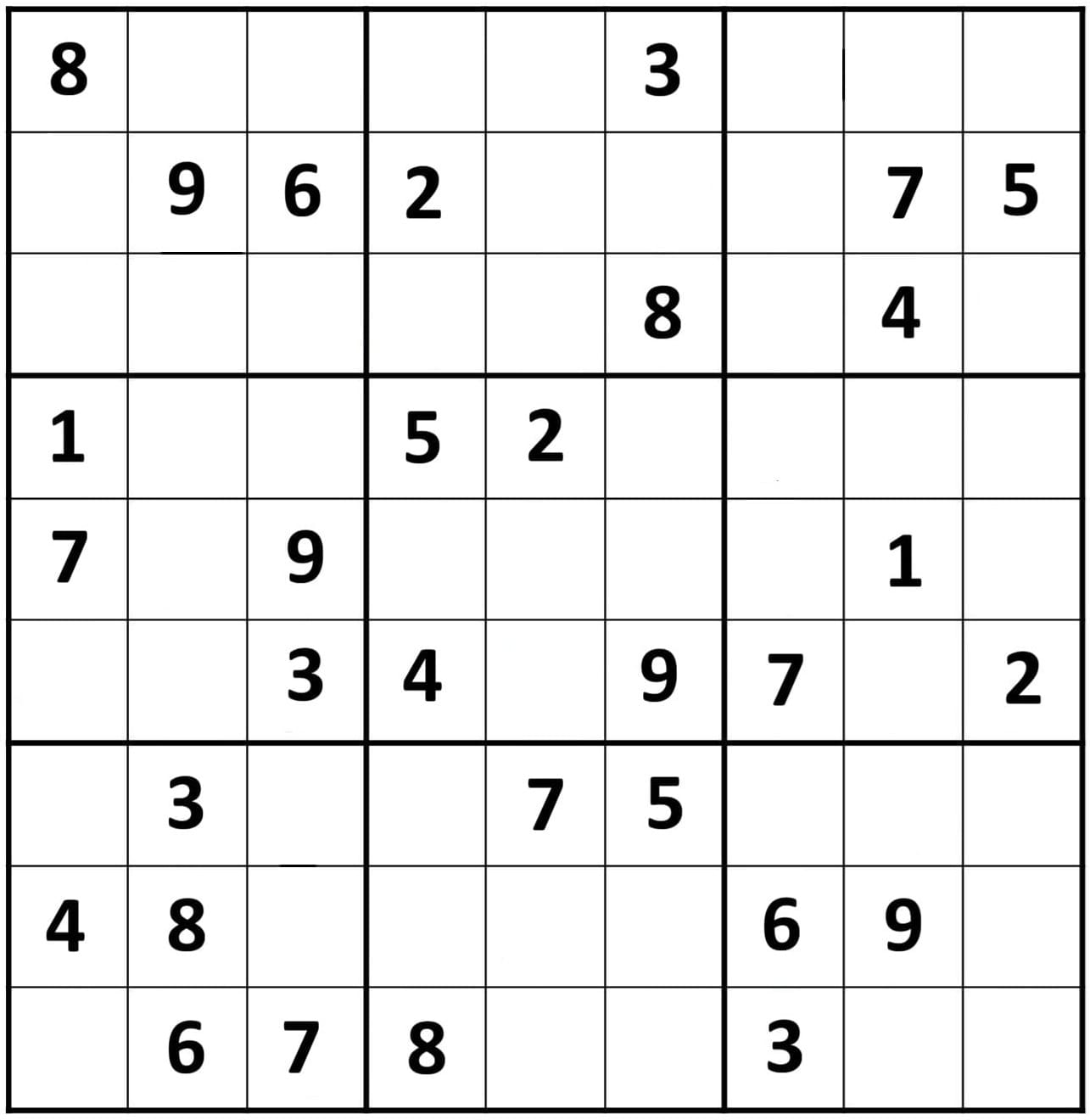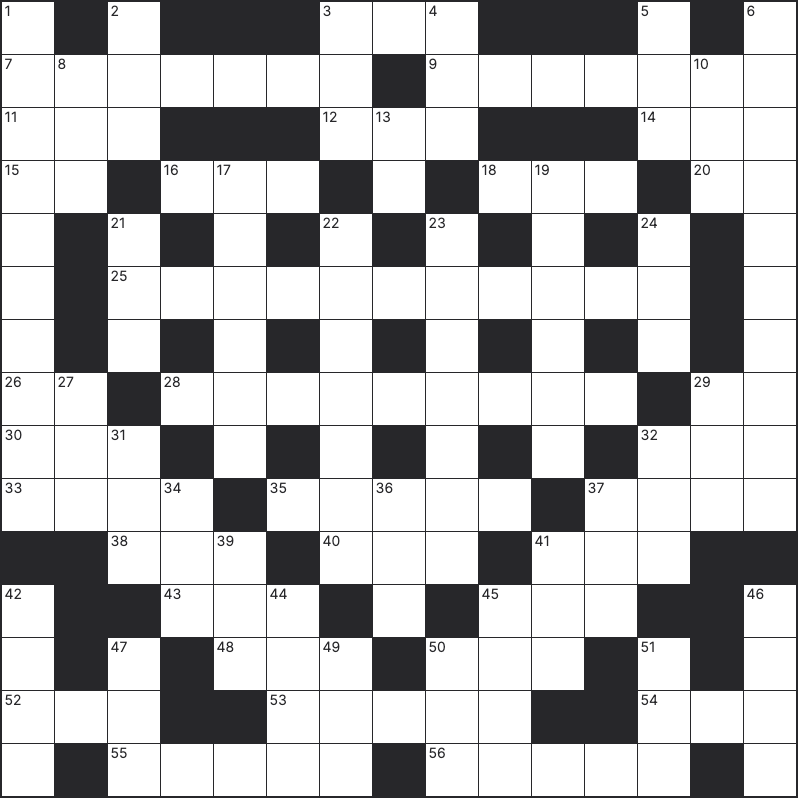By Will Charley, Deputy Editor
Bristol University has less than five per cent of students from 'deprived areas' compared to nearly 15 per cent at UWE Bristol
Over a third of students at the University of Bristol are from independent schools, according to figures in The Times and The Sunday Times Good University Guide 2020.
The Guide ranks Bristol University as one of the ten least socially inclusive universities in England and Wales.
This year the University consists of 52.9 per cent of students from comprehensive schools. The University of Bristol also has more than double the number of students from independent schools than grammar schools.
Whilst 13 per cent of students attending the University are from grammar schools, 34.1 per cent are from independent schools.
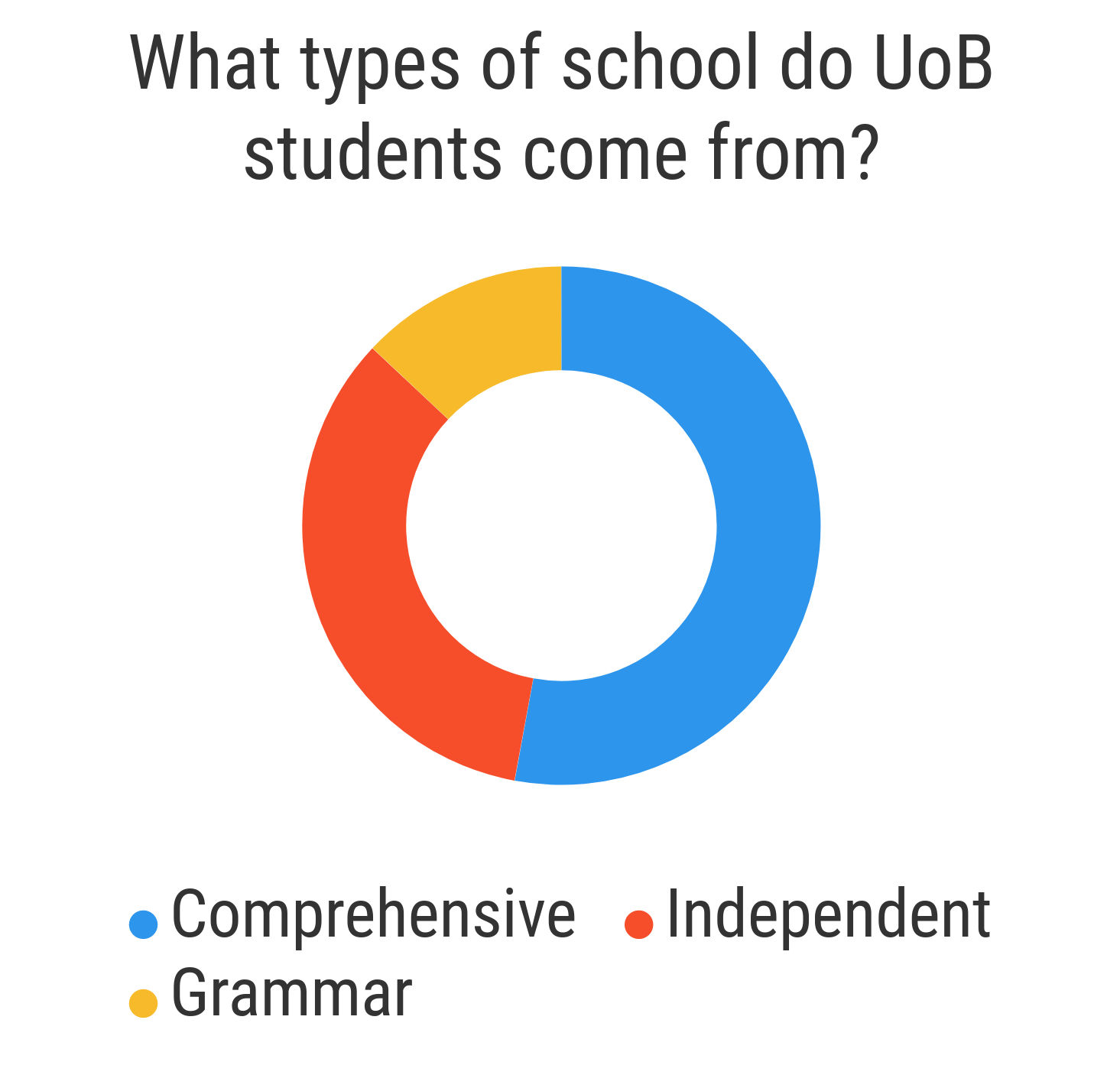
Bristol University also has four-point-six per cent of students from ‘deprived areas’, according to the Guide.
These statistics on diversity and inclusion mean Bristol University is number 110 on the rankings, and in the bottom ten in the Guide’s social inclusivity table for England and Wales.
By contrast, Bristol’s other university, the University of West England (UWE) is ranked 74 for social inclusion.
Of UWE’s 28,789 students, just six-point-one percent attended private schools. The vast majority of students at UWE are from comprehensive schools, totalling 90.6 per cent. A further three-point-four per cent are from grammar schools.
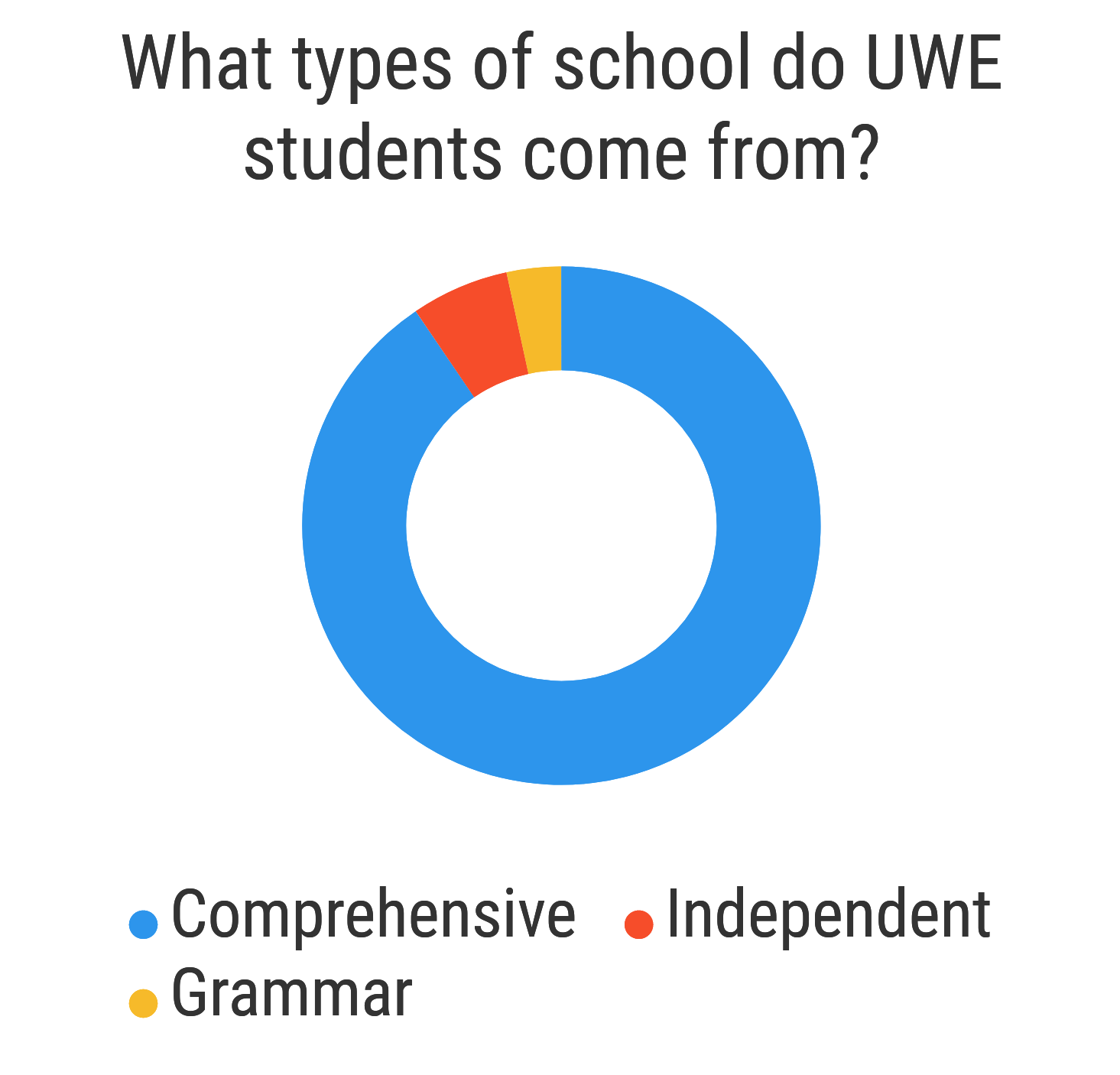
The University of West England’s student body also contains more individuals from ‘deprived areas’, with 14.8 per cent, more than triple the number at the University of Bristol.
At the Labour Party annual conference last month, members voted for the party to include a higher education social inclusion pledge in their manifesto.
Specifically, members voted for universities to accept independent school students only in proportion with the national average- currently seven per cent. This is hoped to improve social inclusion amongst the higher education industry but Rob Porter, President of Bristol University Conservative Association has stated that the Labour Party is starting a 'spiteful class war' and that the policy is ‘insane’.
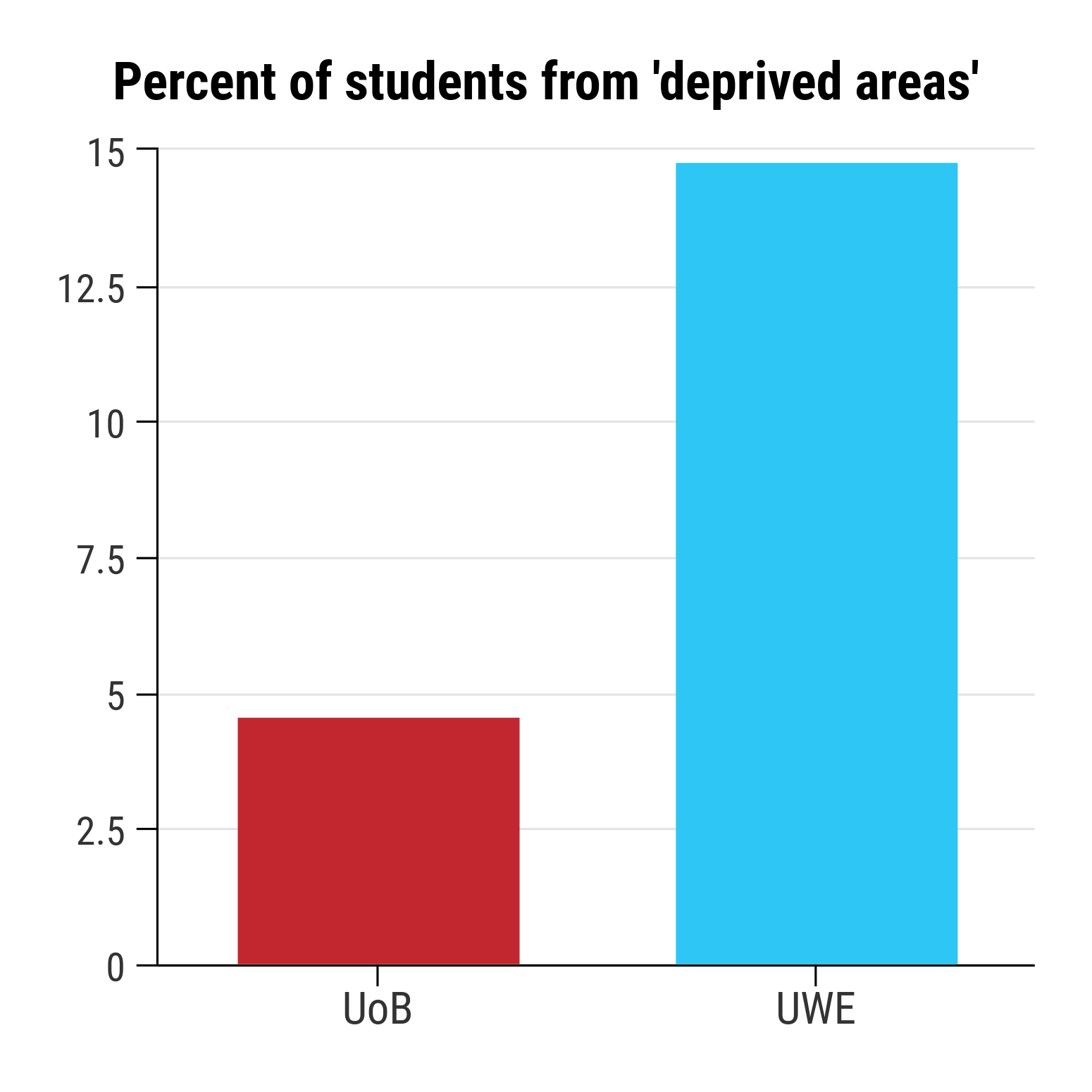
Alice Chancellor is President of The 93% Club Bristol, a group seeking to represent non-privately educated students at the University of Bristol. She told Epigram that:
‘It’s deeply disappointing to see that once again, the University of Bristol has failed to improve the socio-economic inclusivity of its student intake. This embarrassing statistic highlights the continuation of an admissions process that actively discourages students who do not fit the well-established UoB profile; namely that of financial privilege and a private education.
‘While this is a systemic issue found in Russell Group universities across the country, it is clear that UoB urgently needs to implement measures to improve the diversity of its student body. The 93% Club is currently working to improve the experience of state school students at the University and encouraging local teenagers from low-income schools to have the confidence to apply to university.’
A spokesperson for the University of Bristol said:
‘We are firmly committed to making our University a socially diverse and inclusive community. While we appreciate that there is still significant work to be done, the University is making real progress and we’re beginning to see our new measures make an impact.
‘In the five years to 2018/19, there has been a 93 per cent increase in the University’s intake from students attending the lowest performing schools (637 to 1,230). We expect to be welcoming 1,578 students from these schools over the next week.
‘In addition, pupils from state schools are expected to make up 71 per cent of our new undergraduates for the upcoming 2019/20 academic year – an increase of 3.6 per cent on this stage last year - and our flagship two-grade lower contextual offer is having a transformative impact on the social diversity of our student community.
‘While state school numbers are an interesting marker, we have made the decision to prioritise school performance rather than school type in our admissions system as we recognise the large discrepancies in performance at state schools.’
Featured image: Epigram/ Will Charley
Do you think Bristol should do more to be inclusive? Let Epigram know!



